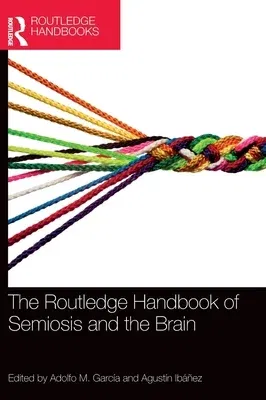The Routledge Handbook of Semiosis and the BrainHardcover, 14 November 2022

Qty
1
Turbo
Ships in 2 - 3 days
Only 1 left
Free Delivery
Cash on Delivery
15 Days
Free Returns
Secure Checkout

Part of Series
Routledge Handbooks in Linguistics
Print Length
412 pages
Language
English
Publisher
Routledge
Date Published
14 Nov 2022
ISBN-10
0367509164
ISBN-13
9780367509163
Description
Product Details
Book Format:
Hardcover
Country of Origin:
US
Date Published:
14 November 2022
Dimensions:
25.4 x
17.78 x
2.39 cm
ISBN-10:
0367509164
ISBN-13:
9780367509163
Language:
English
Location:
Oxford
Pages:
412
Publisher:
Weight:
961.62 gm